In this reflective episode, as we approach Yawn’s fifth anniversary, Sam and Grace share their personal leadership journeys. They explore the distinctions between management and leadership, reflecting on their experiences and the impact of their leadership styles on the agency’s evolution.
Meet your hosts

Sam Edwards
Sam Edwards has a wealth of experience devising strategy and managing marketing campaigns across industries, with a particular focus on standout, creative campaigning. He has his heart screwed on and his head in the right place.
Beyond Yawn, Sam works with The Feed social enterprise as a Non-Executive Director, working to prevent poverty, hunger and homelessness in Norwich.

Grace Appleby
Grace Appleby oversees all of Yawn’s precious relationships with clients, friends, partners and suppliers, and enjoys nothing more than meeting new people.
In her free time, Grace is a networker by nature – organising events for the Buy Local Norfolk community and running Norfolk Women’s Marketing Network C.I.C.
Transcript
Grace: Welcome to the Yawn Marketing Podcast. We believe good marketing is like a yawn, it gets to you and goes around the room.
Sam: We’re an agency and consultancy based in Norwich, and as we approach our fifth anniversary, we wanted to step outside the business and reflect on some of the learnings we’ve made along the way.
I’m Sam Edwards, the Agency Founder, and I’m joined as ever by Grace Appleby, our Client Services Director.
Grace: We’re going to be talking about the highs and lows of agency life and everything in between. So let’s get into it.
Sam: Grace, what are we talking about today?
Grace: Today we are talking about leadership and really how we’ve gone from being Grace and Sam bumbling around to something with a little bit more structure.
Sam: Yeah, so I hope that in that we can cover our own approaches to leadership, which differ quite a bit, I would think, but also the wider kind of the leadership team that we’ve built and what that kind of means for the agency.
Hopefully with some lessons that we’ve learned along the way it’s probably worth starting with Me as a leader. I feel very uncomfortable stuff starting with that and that kind of says something about the way that I approach my job. I really don’t think leadership is or it’s not particularly cool.
It’s not something that I grew up wanting to do to, to kind of start a business or anything like that. I don’t get outta bed so that I can boss people around. In fact, I’m pretty useless when I am trying to do that. And it probably shows, something has kind of gone, wrong if that’s the kind of mode that I’m in.
My, when, when you came into the business, that was the first time I had ever had someone kind of, working with me.
Grace: You want to say under me
Sam: Yeah, yeah, yeah. Yeah and I was really conscious at the time no disrespect to the people who had managed me in the past because I’m pretty unmanageable.
I was very conscious that I hadn’t been led very well. There were a few people along the way who’d been quite inspirational or been able to kind of teach me something really particular, but I, I didn’t come from a culture where I knew for certain what good leadership was. I had a pretty good idea of what I didn’t want to do, which I think really played out in the first few kind of weeks and months of you being in the team.
But yeah, I didn’t really know what I was aiming for. So everything that we’ve, that we’ve kind of built from a leadership point of view has happened naturally.
Grace: I think it’s always based off, I think the managers people become and the leaders people become are, it’s often shaped by the things you’ve experienced that you like and the things you’ve experienced that you haven’t liked.
So in a way you lead the way you would like to be led, which I think is definitely. Fair for both you and I, because we both know it would be rubbish if we were under somebody who was strict with their management and kind of micromanaged or really enforced their view of things upon us. We both know we’d be rubbish at that.
You know more than anyone because you’ve managed me. But yeah, so I think we’ve learned how to manage based off. Actually, I’m saying manage. Management and leadership, two very different things.
Sam: So something interesting, so a while ago we interviewed the same, the same person and they said something really interesting, I think stuck in both of our heads, where we asked them, we reflect on it a lot afterwards, we said where do you want to go, what do you want to do in five years or whatever.
Do you want to be a manager, or? Yeah, and they, and they said, oh, no, no, no. Like, I wouldn’t want to be a manager, I want to be a leader. And I know that’s very kind of prevalent in kind of business books and stuff like that. I’m not particularly well, well versed in, in that kind of world, and it was the first time that someone had made that distinction for me.
And so, yeah, we talk about that quite a bit, but we’ve skipped forward. Let’s talk about your leadership style and your, your leadership journey. Cause as I say, I started doing this kind of by accident there are bits that I’ll talk about that I really, really enjoy but I didn’t, I’ve never kind of thrown myself out there to, to do that.
You, on the other hand, started becoming the natural. among a group where there are about four of us, you started. Taking the lead on culture, taking the lead on client service, and from my point of view, as your line manager, I started thinking, oh cool, right, great, Grace can start leading that effort and that effort, and then every time you became a leader, how did you perceive that change happening?
Grace: I think part of it is probably a personality thing in the sense of I’ve always been the type of person where if I can’t see a group coming to something naturally, I like to help us get there. So at school, it was that way with projects. And I had a management job when I was 19 in my university summer break.
I managed a team of 15 people. I wasn’t officially their manager to begin with, but when people aren’t doing something.
Sam: Again, this is the difference between someone who at sixth form was head girl versus someone who was quite a chippy.
Grace: Thank you for bringing that up Sam, I’ll pay you later.
Sam: Quite a chippy, sort of sullen teenager.
Grace: Yeah, I think I think it just comes from, I like to I like to get to a conclusion and I’m also a very impatient person which has its good and bad things, you are too but if we don’t, if people aren’t getting to a conclusion or a group can’t work together to come somewhere I naturally want to help us get there and I think that’s kind of leadership in a sense.
Sam: Yeah. I mean, it’s certainly a way to advance your career. If you can be identified by everyone else in the business as someone who gets stuff done and brings people with them that like that, that is, that’s what we’ve done the podcast now. That’s leadership, right?
Grace: Yeah. And I mean, that wasn’t necessarily the case that you own, but I think it’s because I’d been there since day one with you.
Consequently, as people were joining the business, I felt just as responsible as to show them the ropes and to tell them what being at Yawn was like and to kind of on-board them, as you did, so consequently they weren’t just looking to you for someone to ask questions to, they were actually looking to me just because I’d been there longer than they had.
Sam: You said when we first hired anyone outside, like the third person, you said I remember we went for a walk and you said you were worried about becoming a freak. Do you remember that? I specifically remember you using that word because you said, I don’t want to be someone who’s been in the business and kind of knows too much.
But the, the options you had really were: Be a freak or get out. Well, no, be a freak or leave, right?
Grace: Yeah, I see. I suppose. I think in saying that I meant when you’ve been somewhere for a long time, you see every kind of version of that business. Anytime it changes or goes through an evolution you remember the one before and you kind of mourn it in a way.
Sam: So you got your grubby paws on the steering wheel and started shaping what the next thing was going to be.
Grace: My grubby paws. But yeah, it does mean that I remember the things that went well at the beginning, the things that went wrong. And then when we entered version two, I remembered the bits that were important and not the bits that we wanted to skip.
So yeah, as you go, you end up forming, yeah. quite a big bank of knowledge, I suppose.
Sam: I’ve called you a freak and I’ve called you grubby pawed. Sorry. Yeah.
Grace: Nothing new.
Sam: Let’s talk about things that cause now you’ve got your own team. And yeah, we both do kind of leadership in, in our own way. I lead the agency from a kind of strategic point of view.
And liaise with the team on individual projects, but thankfully for, for them and for me, I don’t directly line manage anyone other than our kind of members of our leadership team. You on the other hand, you have a team that report to you and again, like me, you’ve got autonomy to kind of jump into other, other bits within the business.
How do you see your own leadership style?
Grace: I think in the ways that you and I are similar when it comes to leadership are the bits that I’m most insecure about, about being a leader, because you’re not a structured leader, neither am I, in terms of running courtesy reviews and being there as a consistent figure for people in the team is something that I struggle with because I’m not structured enough to do that naturally. Fortunately, we’ve got people in the team who should be named later.
I’m sure who helped me to be more structured, Jess Ford, but yeah, I think I’m not as organised as I could be, but I think I make up for that in the fact that I can be agile. And if you need me, I can be there. Because I don’t need kind of processes and things to be able to support people in the way that other folk might do.
Sam: Yeah, you said they’re quarterly reviews. That’s quarterly staff reviews, which again is part of that wider formal structure. Yeah, wider kind of array of structures that you end up building around your kind of leadership stuff, but I think what we do agree and everyone in the business, I suspect would agree is that’s not leadership, like having those structures in place.
They’re important management. Yeah, exactly.
Grace: Yeah, I think, I’d probably characterise my leadership style is trusting. I’d like to think neither, you know, I like to micromanage. I don’t really have the time or patience for it. But fortunately, obviously, we’ve got a team who that’s never been anything that’s even thought of being needed.
Sam: Patience is the key thing that we really don’t, like, that our, our business, I would suggest most agencies cannot function if every decision has to be chewed over by everyone. You need to just hire the right people who can get on with it, lead them in a way that they understand that they have the autonomy to do it.
And also the the freedom, the flex to be able to stick the hand up and have a second pair of eyes on something.
Grace: No, no, not at all. So, and yeah, I think, so I’d characterise my leadership style as, as trusting but also I said at the beginning, lead how you’d like to be led.
So I always kind of bear that in mind. I know how I receive I’m rubbish at receiving direct criticism, as Sam will know as my manager. So consequently I bear that in mind. I know that I don’t like to receive things in these ways. So I ask people, how do you like to receive you know, negative, positive constructive feedback?
Because everyone likes to receive things in different ways. I know that I’m sensitive to things in certain areas and therefore I want to be aware of what others are.
Sam: Yeah. You mentioned like, our experience when I was, like, directly line managing you a lot more. We’ve got two things each to talk about of our kind of lessons from leadership and things that we kind of constantly working on to try and make us better in that role.
The first one that I’ve got is knowing, getting to recognise what people need and that again, you said about you not being very good at receiving feedback or like critical feedback. I remember that from the first time that we sat down doing quarterly reviews you’d been in the business for three months, and I had stuff that I wanted you to do better and it didn’t cross my mind, it still doesn’t, when I think like, how I work, how I think, it doesn’t really cross my mind, naturally, to start by telling that person they’re doing a really good job.
Yeah. It’s something that I work on quite a bit to remind myself that we need to start with that and then do, because I guess when I’m receiving that criticism that feedback myself, I kind of ignore all the good stuff and wanna get straight to the, the bad bits, the things that I can kind of improve in.
Grace: I remember that distinctly. ’cause we had my first review and at the end you said, oh sorry, I’m really, really pleased with how everything’s going. And I said, are you? Because all you’ve given me is stuff to work on, like, am I doing anything well? And you were like, yeah, you’re doing loads well.
Sam: A better example of that actually happened quite recently. I had a meeting with a member of staff to talk about something.
Grace: Yeah, a member of staff who told me ahead of time that they were going to have that meeting with you. And I said to it was a reasonably consequential meeting.
Sam: There was, there was some stuff needed to be kind of discussed from both. Yeah, kind of run through.
Grace: Absolutely, and I said both to you and to them, because I know you’re both individuals, but more, to the point I know you that you need to know what you want to get out of this meeting before you go in.
Because if you want Sam to listen Or vice versa. If you want that person just to listen and be somebody to vent to, then that’s fine. But you’ll go into that meeting with your ears open and your mouth shut. Whereas if you want a solution or if you want advice, then you’ll go into a very different, with your kind of problem solving hat on and trying to identify yourself like what someone needs from you as you go into a situation.
It’s quite a hard skill to master, but it’s definitely one that we’re both conscious of working on.
Sam: Yeah. So again, in that meeting, that person said to me, I don’t need any solutions from you. I just need to share where I am with this thing. And it was, it was so odd, again, because, so I said my lesson is recognising what it is that people need in that moment.
If you solve problems for a living, it’s so easy to believe that, to set real high currency in your problem solving abilities. And also to kind of think that’s the only way that I can add value. And surely it’s the only reason anyone would talk to me is if they want something solving. So you just go straight into that mode.
And again, leadership wise, I’ve got myself into all sorts of bother there because I think that’s what my job is to kind of fix things when it’s often it’s just to kind of be, yeah, like a receptive kind of character.
Grace: Yeah, absolutely. I think that that’s part of it, especially kind of with your manager hat on.
You’re not just serving one purpose. You’re a lot of things to, a lot of people. So yeah.
Sam: And you’ve got something similar for your lesson. You told me you wanted to talk about ask more, talk less.
Grace: Yeah, which is actually something I learned from mine and your relationship. We had we had kind of an external consultant friend watch us once conversing.
Okay. And the main bit of advice they gave us afterwards was, Grace, you need to stop going to Sam with uncertainty or going to him not knowing what you want. Because Sam will swoop in. As the leader, and he will tell you what the solution is, which is actually you just touched on and so therefore I’m very conscious with the team that if I ask them questions, I’m empowering them to work out the answer themselves.
And that’s not to say that I shouldn’t talk and share my thoughts. But if someone comes through the problem and you say, well, what do you think? You know, what do you think is the right way to approach this? Have you considered these different options? It’s just kind of giving someone back the power to find the solution themselves, rather than you always have to be the fountain of knowledge and you always have to be the person who gives them the kind of the way out.
It means that you don’t become that. That kind of bottleneck to solutions happening. So yeah talk, talk less, ask more.
Sam: And it’s good podcast advice as well. What what is your second lesson from leadership?
Grace: I think the second biggest one that sticks with me is remembering that giving people permission.
All be it when you don’t feel like you should have to can be really empowering. So you and I, like I said, a bit of a laissez faire style to leadership at times. And I think we forget that people often don’t want to do something or don’t feel that they can do something unless you explicitly say, you can do this, do it.
So it was the same when we had kind of flexi time and you know, take a lunch break you need and go for a walk. Like just get up and go if you need headspace. Nobody ever did it because we didn’t say. Go for a walk, you take a break, do your thing and you always use an example from a round table we had.
Sam: Yeah, so whenever we, we host round tables we’ve always got pastries or biscuits or whatever on the table, and maybe it’s just because I’m a hungry hippo. But like, I would never wait to, whatever setting I’m in, I wouldn’t wait to be asked if there’s pastries on the table. It’s because, they’re for us, right?
Grace: Yeah, whereas I might sit there and politely look at the table and think, I’m really hungry, can everyone hear my tummy rumbling right now? And yeah, not reach for a biscuit because I need someone to say that I can. Yeah.
Sam: So when I started hosting round tables, it’s so silly, I had to learn to say, Oh, guys, help, help yourselves.
And I was always amazed at how many people then just immediately kind of grab stuff because everyone’s waiting for permission.
Grace: So I think that’s a big thing for me. It just realising that you can have all the policies in the world and you can tell people kind of, Oh yeah, make sure you do whatever you like, feel free.
But you have to say you can do this and maybe, and you should do this. Yeah. before people realise they can do it. So that was a big one for me. I thought I was doing a service by holding that back. But actually, it’s far better to, to reach out to people.
Sam: Yeah, I hope it hasn’t been trivialised by boiling it down to pastries, but I think that’s a really useful analogy.
My last point on kind of, yeah, a lesson that I’ve learned that I’m still kind of grappling with is, I said earlier on that I’m a reluctant leader. I think that’s quite important to, To my kind of, ethos, it’s certainly something that I think about a lot and kind of struggle with.
I’ve had to really recognise where there are moments where, however much I think Grace would do this talk better than me, talking to the team or something like that, or articulating something, or Jess would communicate with this group much better than me. It needs to come from me, and it’s got to kind of carry the weight of the Agency Founder.
Learning to give, you said about giving permission, I guess giving myself that permission to say, no, this is a message that has to from me.
Grace: I think the same has also come from you having lunches with the team, which isn’t something you do routinely, but you try and do it every so often of remembering that, oh yeah, I am just Sam, I have been here doing this the same way as when it was just me and Grace to now and it’s team of 11.
But consequently, I don’t speak to a lot of people that I would have.
Sam: Yeah, there’s people on the team that if I’m not careful, I don’t speak to at all.
Grace: And that’s not through anything purposeful, but you started taking the time to go for lunch with people and ask them questions like, What would you do if you were me right now?
Where would you take Yawn, and things like that.
Sam: I should say, that’s buying them lunch before anyone thinks that sounds absolutely insufferable. There is a free meal in it. Use your lunch break time to sit with the boss. And that was the question I always ask when I do that is, If it were two questions, where would you take the agency if you were in my shoes and what will be your first step?
Grace: And I think that comes back to the, our leadership style, which can probably be characterised by the fact that we are learning. We’ve got training wheels on, we’re always very keen to learn. We’re not pretending we’re perfect leaders in the slightest and the biggest thing that we learn from is the team.
Yeah. The team teaches us how they want to be managed and how they want to be led and I think that’s how we’ve got to where we are.
Sam: Let’s take a break and talk about where we are. Okay.
Okay, so we’ve talked about our individual kind of attitude to leadership and how we’ve kind of grappled with that. Let’s talk about what that means for an agency and in particular. We’ve made space in 2023 for another member of the leadership to come team to come on board. That’s just for the Head of Marketing Services, who has a very whole other approach from us, much more methodical, much more process driven.
And we always used to say, well, did you have any thoughts on that before I roll straight through?
Grace: No, I think I think that’s fair to say. I know Jess knows that, and is probably quite proud of the fact that she’s quite different to the two of us. She is the sense to our madness a lot of the time.
Sam: Yeah. OK, well, that’s kind of gets to the crux of what I wanted to say. From a kind of personality. But point of view, yeah, very different from us. We’ll talk in a second about what that means when we’re making decisions. But as for kind of the overall direction of an agency, I’ve always said that there are three kind of components, three kind of legs to the stool.
There’s business development, meaning kind of sales and direction, I guess, client services and service delivery. We now have among our leadership team of three, a different person responsible for each of those. Something that is a real asset to us is that at different times we’ve all done one of the other two things.
In fact, I think all three of us have dabbled in both of them. And I think so far we’ve got three different people there with different jobs and different skill sets. And we’ve got confidence that the other two people are the correct ones for the job.
Grace: Yeah of the three of us. We know that we are in the the correct position.
Yeah, which I think gives us a lot of kind of strengthen the fact that we trust the others to get on. We don’t have to work together all the time, because I know that Jess is doing her thing, I know you’re doing your thing, so I can focus on mine without having to worry if your two legs at the stall are going to fall over, because I know you’ve got them.
And by just looking at our own section, rather than all three of us collectively looking over all three, means that we can have that depth of kind of focus and concentration.
Sam: Yeah. And one of the one of the perks of being an agency is you get to f kick the doors in and poke around other people’s businesses.
And that that unity at the top is, I think, reasonably unique. Or it’s certainly a huge asset when you have it. And you just said the depth of focus with each of us are able to go really deep on our specific project. So again, for me, a new business, I can, develop a strategy and give it my kind of full attention fortwo or three weeks without really surfacing and kind of grappling with other, other things going on in the business.
Vecause I know that you and Jess have, have got a handle on it. Yeah.
Grace: And at different times, Jess and I have both managed, delivery and client service collectively. And I always described that as like patting your head and rubbing your tummy because they are different.
Sam: You were talking about different times where each of you have led.
Grace: so Jess led delivery and client service, I led delivery and client service and yeah, the gear change means that you’re constantly having to use energy to switch between focusing on this to focusing on that, whereas without having to change between those different areas, you’re just so much and, it was madness.
Sam: And again, sorry, with respect, it was crazy. And when you think about how that pertains to the wider business, again, I wouldn’t in that scenario have been able to jump on new business strategy with much confidence, but also if you’re working within the business, it was kind of chaotic and people wouldn’t kind of feel that.
Grace: Yeah, it absolutely was. And, and like you said, Jess and I have different skills as, as do you and I. And Jess is so much better suited to the role that she’s in than I was. And, and I like to feel like I’m better suited for my role than she was. And it’s just that kind of peace of knowing that we’re all where we’re meant to be.
Sam: Yeah. And again, when we’ve got that confidence and that piece within the team and kind of lack of friction between us in terms of looking over each other’s shoulders at what everyone else is doing. We can then build a strategy as a leadership team that is much more kind of watertight than it certainly would be in a kind of another world where we are kind of worrying about each other’s kind of remits.
We’ve got a real kind of clear sense of how those three things kind of intersect. And when we then look at our Our kind of leadership structures and our leadership processes again I’m more or less allergic to processes, but even I can recognize in the old days when it was just you and me, we would make the biggest decisions about the business on car journeys and generally in a state of kind of mild panic and we would make some pretty wacky decisions.
Grace: We like to catastrophise
Sam: Yeah, very much. So we kind of talk each other up and then would come back to the team and announce this thing and then everyone in the business can
Grace: They think, oh no, Sam and Grace have gone on a car journey again.
Sam: Yeah, and everyone can feel this isn’t, this isn’t proper.
Grace: Well this isn’t changing anything.
Sam: Yeah, and it can change again next week.
Grace: Whereas now if we ever do that. Well firstly Jess is almost always in those conversations, but if we were able to go to Jess having had a catastrophe meeting, she’d be no guys.
Sam: She’s in the conversations, but she’s not always in the car, right?
Grace: So when we come back and she probably thinks, guys, right, hold on, let me, you back in.
Sam: But my point is when we do start doing that, like if we do go like driving over here today. If we start straying into talking about strategy, one of us will say.
Grace: Oh, this is Jess.
Sam: Yeah, let’s talk about a leadership meeting or a board meeting.
Grace: But also, often that might not be our area to dip into. And we do have that respect for each other’s sections of, Jess and I can brainstorm about sales, but we know that the buck lies with you and that that’s your decision to make. Likewise, you both give me loads of suggestions on client service, but I like to think that I can make the final decision there.
Jess, the same with delivery. And yeah, I think that’s I think that’s our secret sauce at the minute.
Sam: I would agree. Let’s, let’s, let’s wrap up there on leadership. Okay. We’ve talked about our own approach, unless you had anything final to throw in?
Grace: No, just, I would thoroughly recommend to anybody that if your leadership team is skewed to one personality type, to diversify, because Jess is the best thing that’s ever happened to us.
Sam: I would definitely endorse that. What are we talking about next week?
Grace: We are talking about building processes and the journey we’ve been on there. So I’m looking forward to it.
Sam: Something that we are both pretty much allergic to. Mm-Hmm, . So we’ll be way outside our remits after talking on a podcast about sticking within your lane.
Thank you very much folks, and we will be with you again next time.




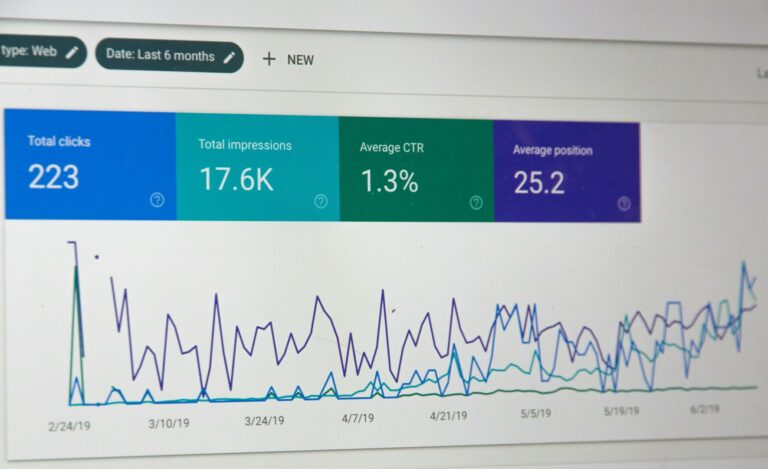
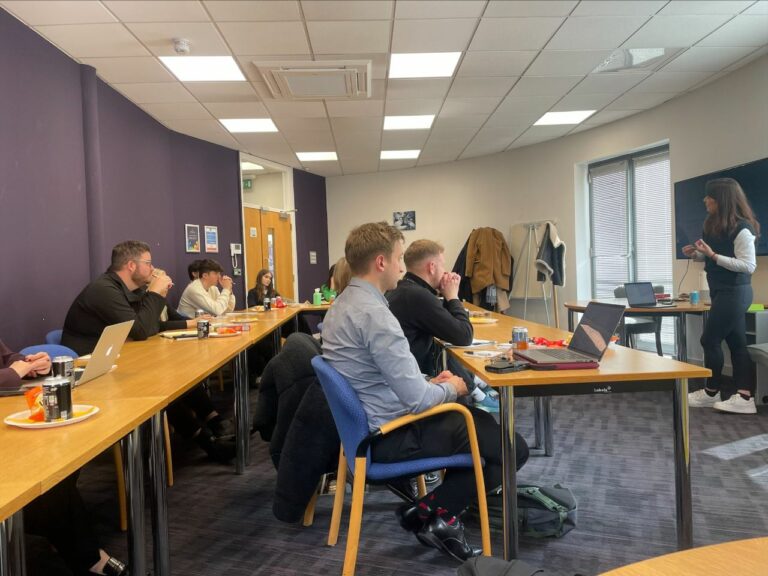





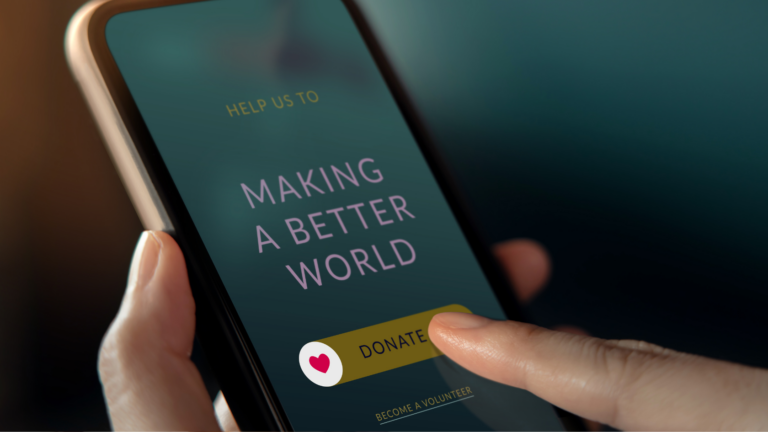
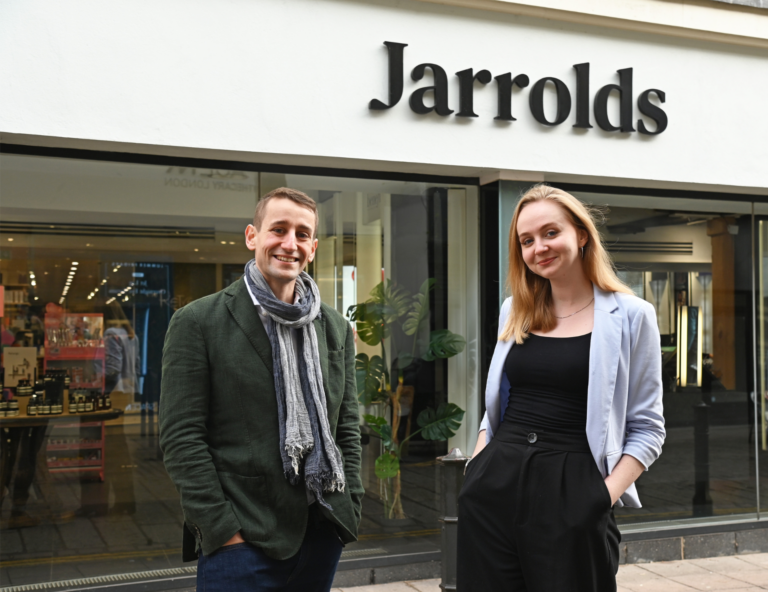
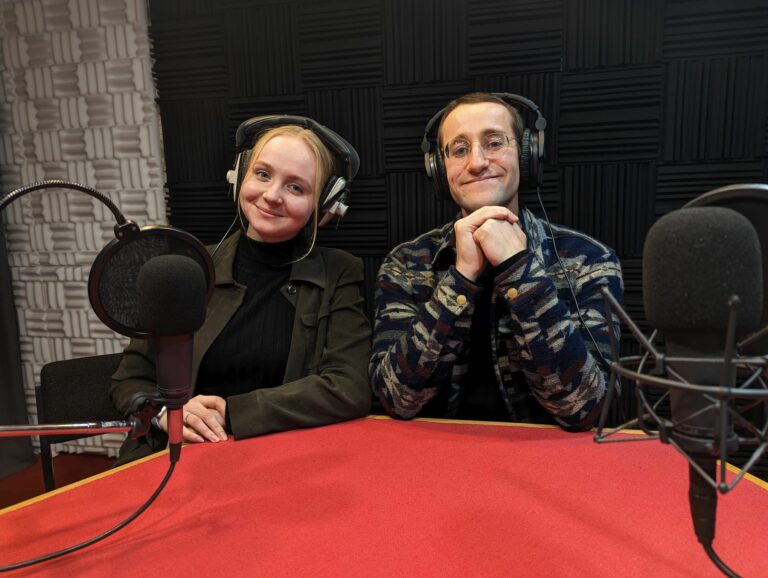



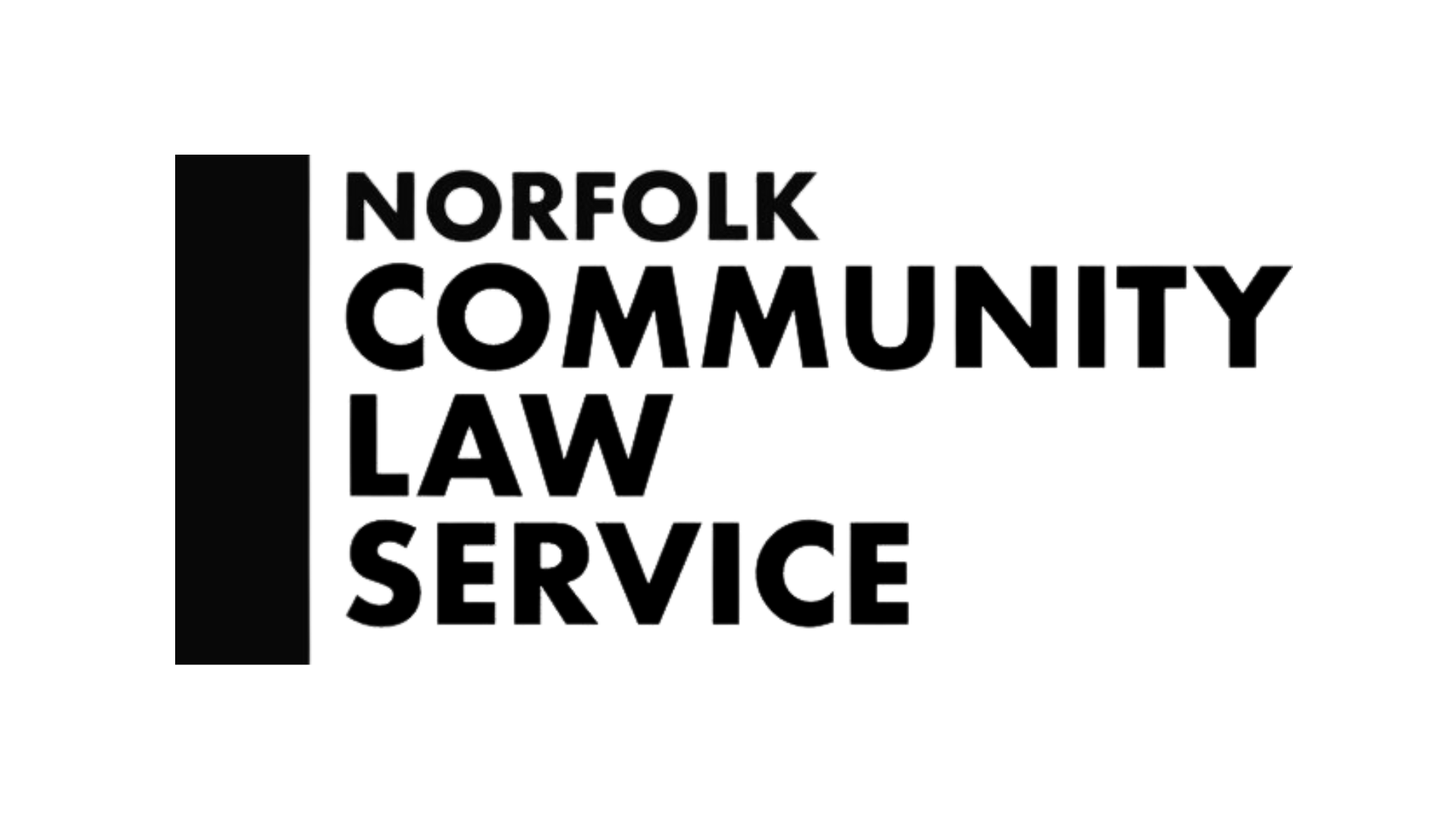



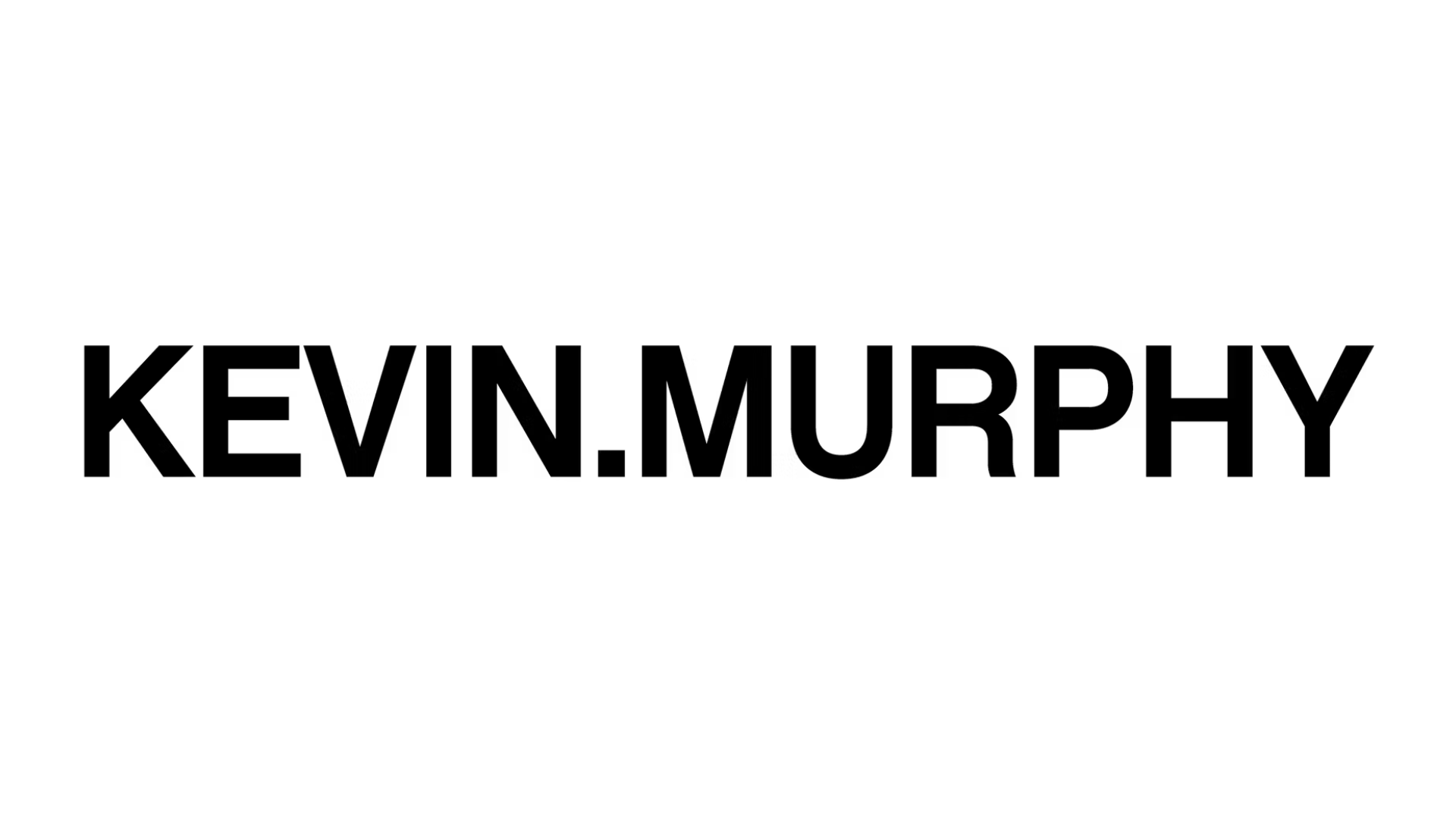
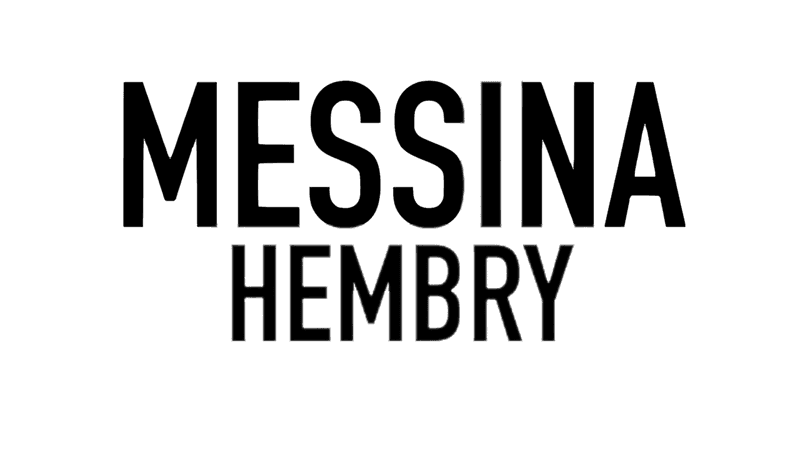
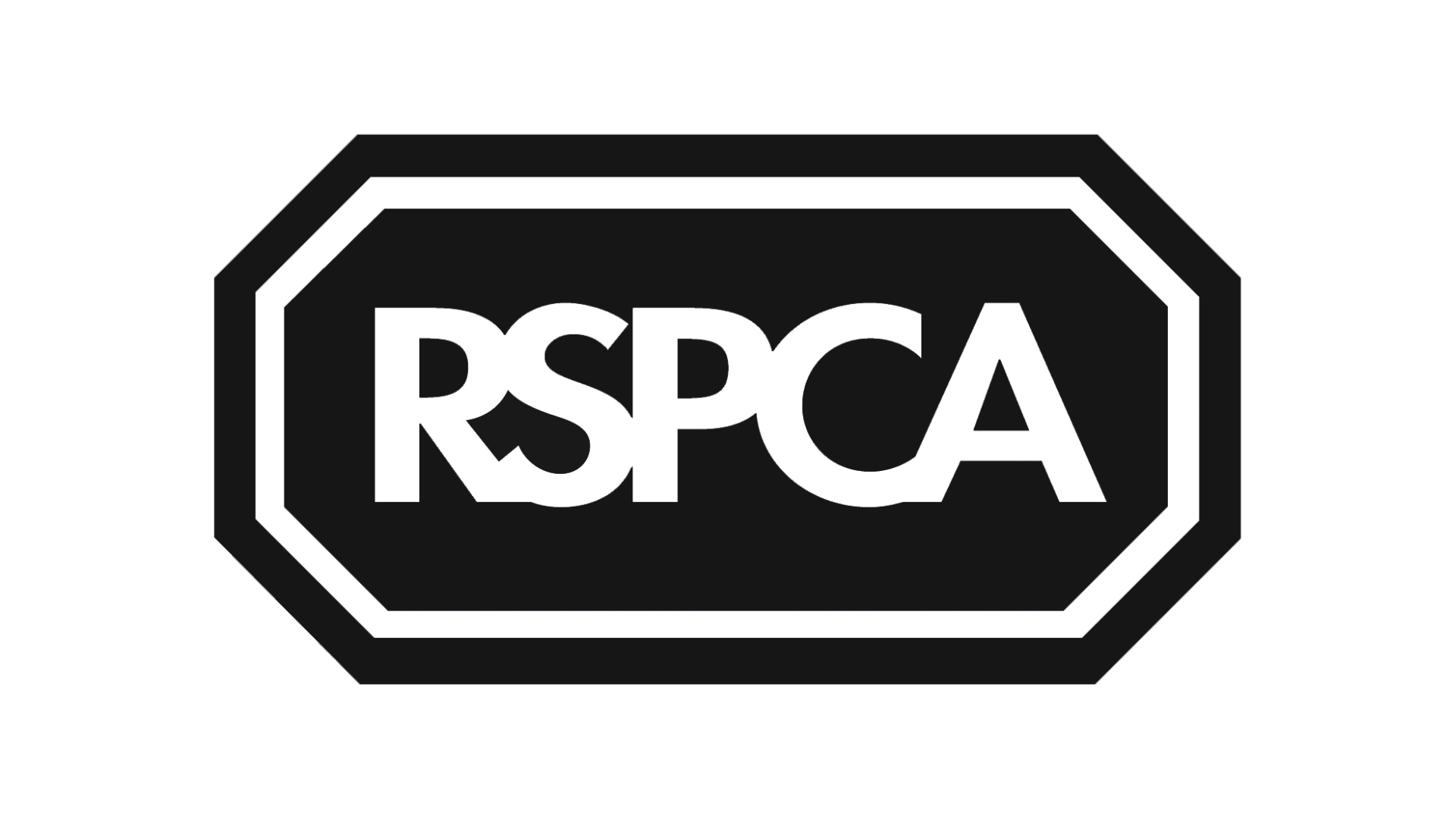


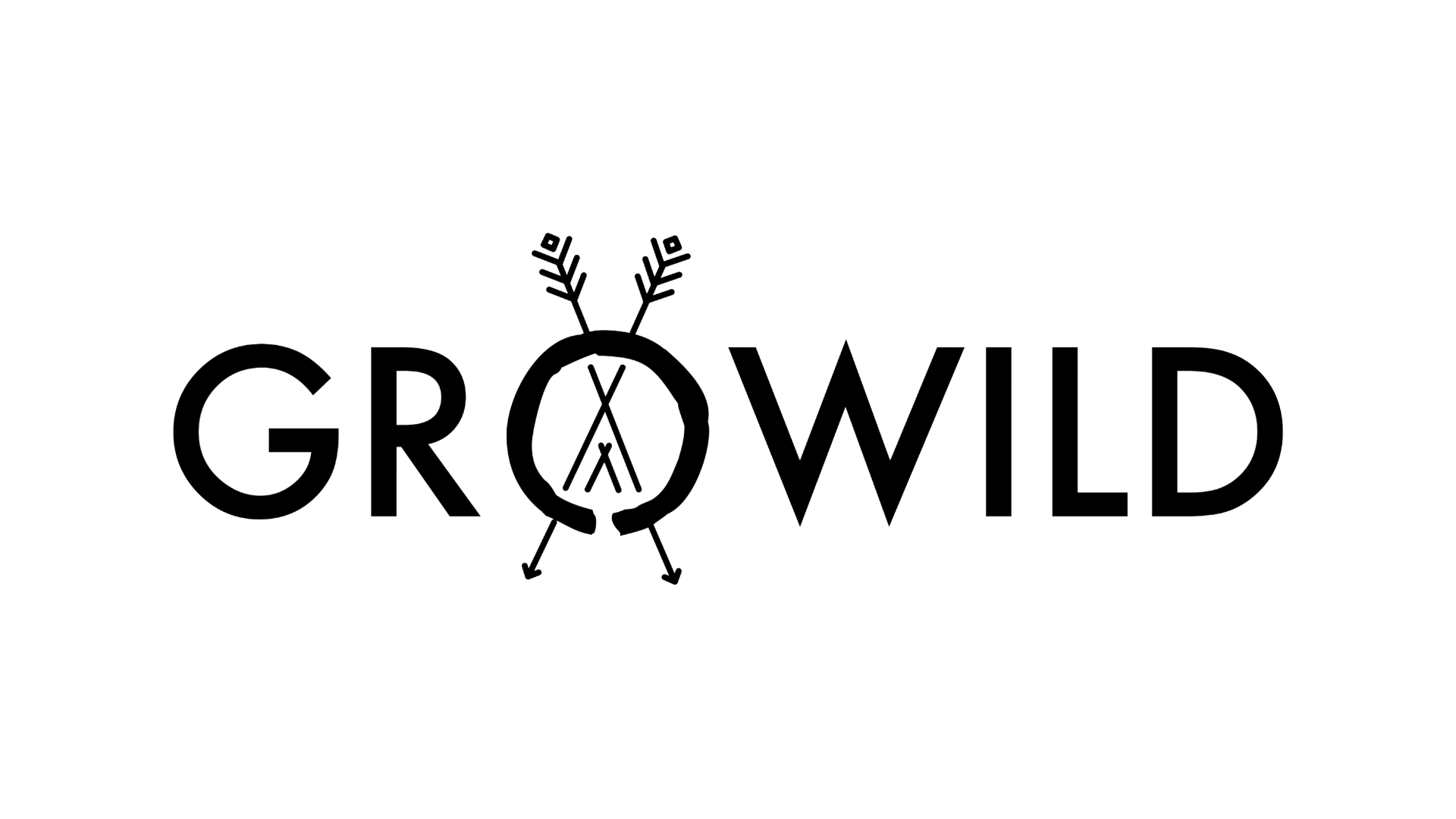



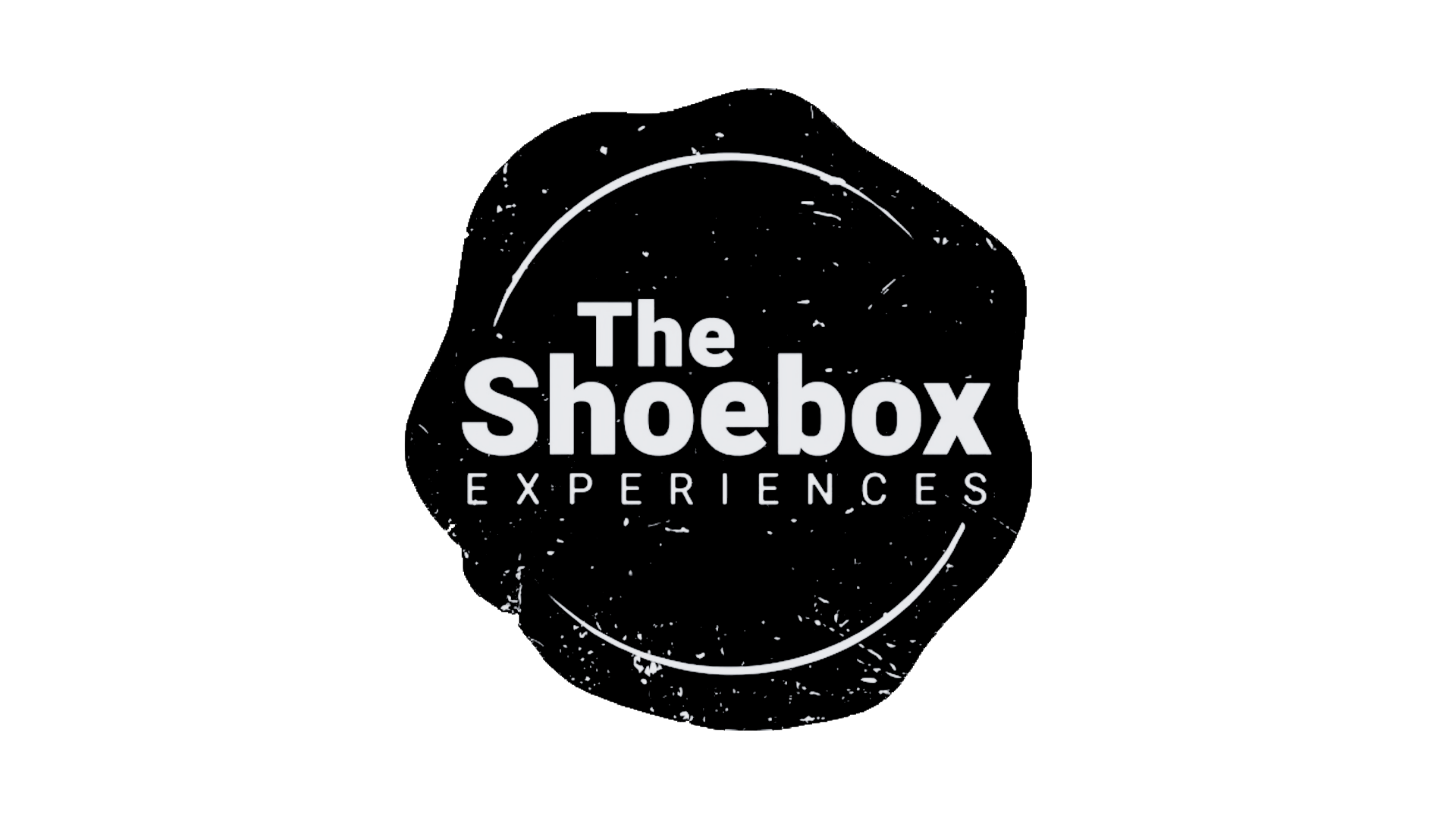


![[removal.ai]_7f27bf29-db53-435d-a634-4d6e7d4c0038](https://yawnmarketing.co.uk/wp-content/uploads/2023/01/removal.ai_7f27bf29-db53-435d-a634-4d6e7d4c0038.png)
![[removal.ai]_fb8dfe21-d7f5-4548-bd32-4e066ba3f972](https://yawnmarketing.co.uk/wp-content/uploads/2023/01/removal.ai_fb8dfe21-d7f5-4548-bd32-4e066ba3f972.png)
![[removal.ai]_a1271f54-b85f-4d55-8c8c-c0c256beb093 (1)](https://yawnmarketing.co.uk/wp-content/uploads/2023/01/removal.ai_a1271f54-b85f-4d55-8c8c-c0c256beb093-1.png)
![[removal.ai]_b81ff4af-ccff-4d3c-b358-e094865820af](https://yawnmarketing.co.uk/wp-content/uploads/2023/01/removal.ai_b81ff4af-ccff-4d3c-b358-e094865820af.png)
![[removal.ai]_60636a21-0918-4e97-8dff-085e9821386e](https://yawnmarketing.co.uk/wp-content/uploads/2023/01/removal.ai_60636a21-0918-4e97-8dff-085e9821386e.png)
![[removal.ai]_tmp-63bc0f493a216](https://yawnmarketing.co.uk/wp-content/uploads/2023/01/removal.ai_tmp-63bc0f493a216.png)
![[removal.ai]_258a25d0-cf81-49e2-97ea-eb5dba513e42](https://yawnmarketing.co.uk/wp-content/uploads/2023/01/removal.ai_258a25d0-cf81-49e2-97ea-eb5dba513e42.png)
![[removal.ai]_tmp-63bc0fb550b31](https://yawnmarketing.co.uk/wp-content/uploads/2023/01/removal.ai_tmp-63bc0fb550b31.png)
![[removal.ai]_tmp-63bc100312311](https://yawnmarketing.co.uk/wp-content/uploads/2023/01/removal.ai_tmp-63bc100312311.png)
![[removal.ai]_932dba74-335e-465d-a995-b96be4cec293](https://yawnmarketing.co.uk/wp-content/uploads/2023/01/removal.ai_932dba74-335e-465d-a995-b96be4cec293.png)
![[removal.ai]_tmp-63bc101f25d1c](https://yawnmarketing.co.uk/wp-content/uploads/2023/01/removal.ai_tmp-63bc101f25d1c.png)
